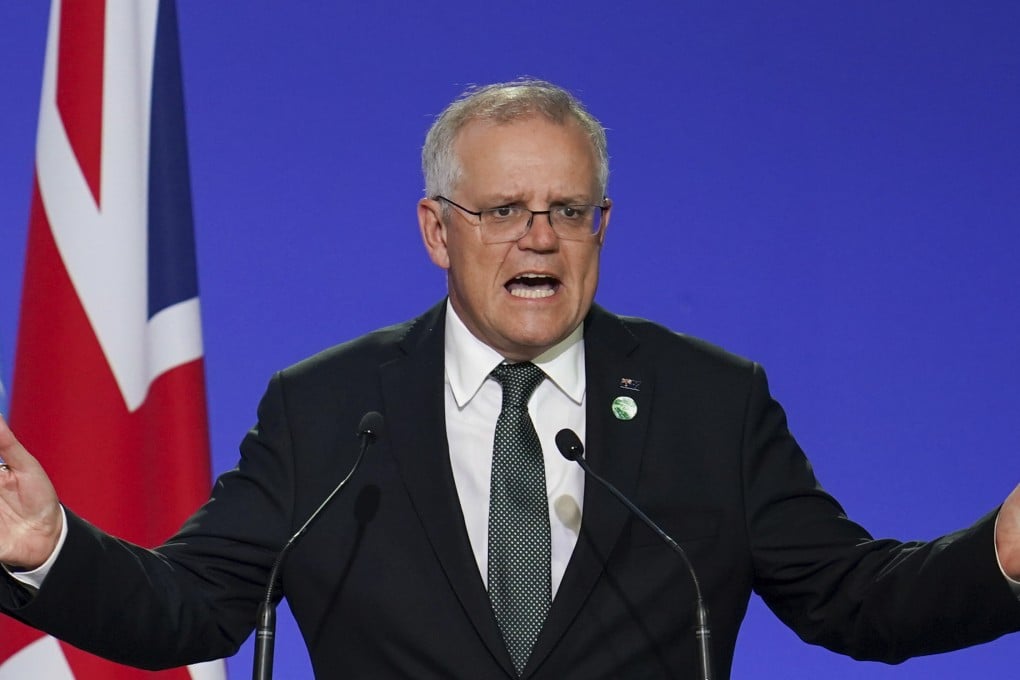China-Australia relations: who’s the mystery ‘Mr Ji from Fujian’ in Scott Morrison’s WeChat riddle?
- ‘The identity is paramount. How was Ji involved, was he trained, we don’t know and nobody wants us to know’ says research academic Haiqing Yu
- Observers say Morrison’s team lacked knowledge of app with account handling likely outsourced to Western, Chinese marketing agencies

Australian Prime Minister Scott Morrison’s “lost” WeChat account may not have gone as far as to jeopardise national security but it raises questions about his relationship with the Chinese nationals and companies who owned and managed his account, analysts and experts say.
Last week, senior members of his cabinet and the local media alleged Morrison’s WeChat account had been blocked and hijacked while accusing the Chinese Communist Party of foreign interference. There were also calls to boycott WeChat.
Since then, more information has surfaced about the leader’s WeChat account, set up to try to better engage with Chinese-Australian voters ahead of the 2019 federal election.

The latest information mainly points at Morrison’s and his government’s apparent lack of knowledge about the app and its rules and their administrative failure at maintaining the account, with a particular focus on their relationship with the account owner, a mysterious Mr Ji based in China’s Fujian province.
“There is no evidence of any third-party intrusion,” the firm said. “Based on our information, this appears to be a dispute over account ownership.”
Morrison’s account was transferred from the aforementioned Mr Ji to Chinese company Fuzhou 985 Information Technology owned by someone with the surname Huang.
